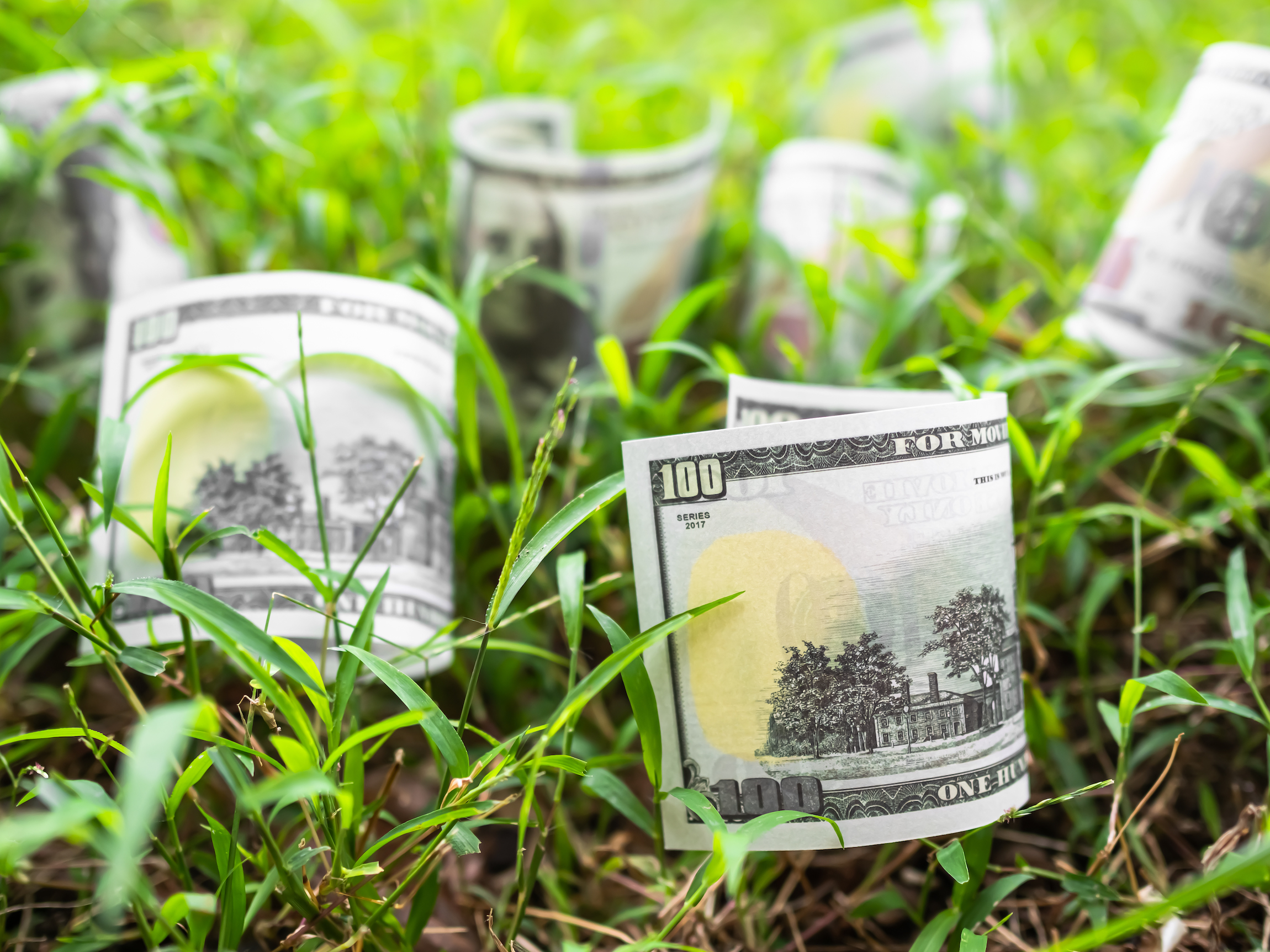The Ca’ Foscari University of Venice opens its (virtual) doors. Professor Carlo Barbante takes us on a journey through the climate’s last 500 million years using ice core analyses and climate models. Anyone can take part in the course’s first lesson “Climate of the Past” which is now available in video.
“The better we know our past, the better we will be able to foresee what will happen in the future. If you want to put what is happening to the climate today in the right perspective, you have to look at the climate of the past”.
This is how Professor Carlo Barbante introduces the first lesson of the course “Climate of the Past” within the 2nd-level Master of Research in Science and Management of Climate Change, organized by Ca’ Foscari University of Venice and CMCC Foundation with the collaboration of the National Institute of Oceanography and Experimental Geophysics (OGS).
The course introduces students to climate studies, including the beginnings of the solar system, time scales, and climate in human history, in the broader context of the Master’s Programme that prepares tomorrow’s experts to deeply understand the climate challenge, find solutions and design adequate policies.






